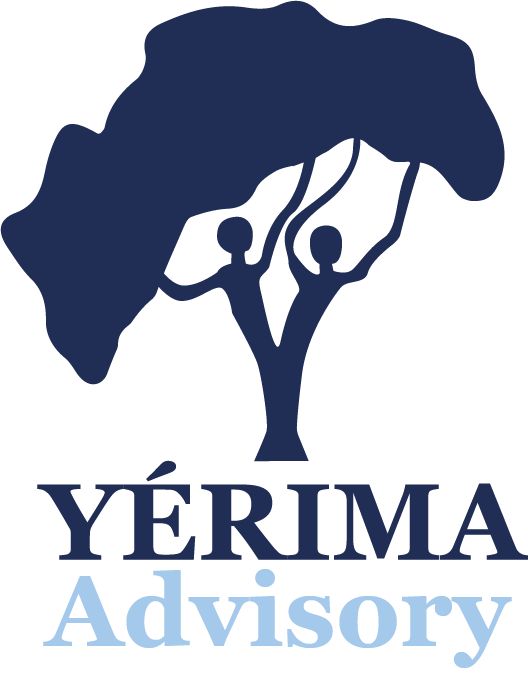
Due diligence in an OHADA context: specific features and key watchpoints
The OHADA zone is attracting a growing number of investors, drawn by its harmonized legal framework and growth potential. However, beyond this apparent stability, conducting due diligence in this environment requires a sound understanding of its specificities, limitations, and grey areas.
For acquirers unfamiliar with the region, certain risks may remain under the radar. Below are key areas requiring attention:
Accounting: critical analysis required
The revised SYSCOHADA framework provides a common basis, but the quality of financial statements varies significantly across countries. Manual bookkeeping, outdated software, and undocumented adjustments are frequent. Each balance sheet item should be substantiated.
- Assets are often depreciated over longer periods than in France, reflecting different investment cycles. An analysis of depreciation rates is insufficient without understanding the useful lives applied.
- Given the uncertainty over data reliability, “Completion Accounts” mechanisms are generally preferred to “Locked Box”.
Tax risks: heterogeneity and unpredictability
Tax matters fall outside the OHADA harmonization scope. Each country maintains its own rules, rates, and practices.
- Late tax audits, poorly applied withholding tax regimes, and opaque local exemptions result in a high level of tax exposure.
- A thorough review of historical filings, supporting documentation, and ongoing disputes is necessary.
- Indirect taxation (VAT, registration duties) may also involve interpretative ambiguities requiring investigation.
Cash and fund repatriation: focus on actual liquidity
In some countries (e.g., Cameroon), strict foreign exchange controls limit or delay the repatriation of hard currency. As a result:
- Cash reported on the balance sheet may not be fully available.
- A discount may be required to reflect the actual realizable value of cash.
- Any reporting obligations or regulatory constraints related to fund transfers must be identified.
Trade receivables: vendor credit practices
Vendor financing is commonly used to offset limited banking support.
- This results in significant receivable balances, often inadequately monitored.
- Ageing, client concentration, and collection procedures should be reviewed to assess actual credit risk.
- In certain cases, informal offset practices may distort the receivables position.
Local governance: a key success factor
Cultural and economic differences make the stability of the local management team a critical integration factor.
- The departure of key managers may jeopardize post-acquisition integration.
- A transition period and retention mechanisms are usually necessary to secure the transaction.
- Evaluating local management’s institutional network, supplier relationships, and social environment is often valuable.
Conclusion: combining technical rigor with local insight
Due diligence in the OHADA zone requires:
proficiency in international standards,
adaptability to local practices,
and a cross-functional approach encompassing financial, tax, legal, HR and operational reviews.
Identifying grey areas, documenting risks, and structuring appropriate contractual protections are key to a successful transaction.
Yérima Advisory supports its clients with in-depth insights to secure transactions in OHADA jurisdictions.
📩 Considering an acquisition project in Africa? Let’s connect.

Salim Orou Yérima
- Financial Advisory, Accounting Advisory and Audit

